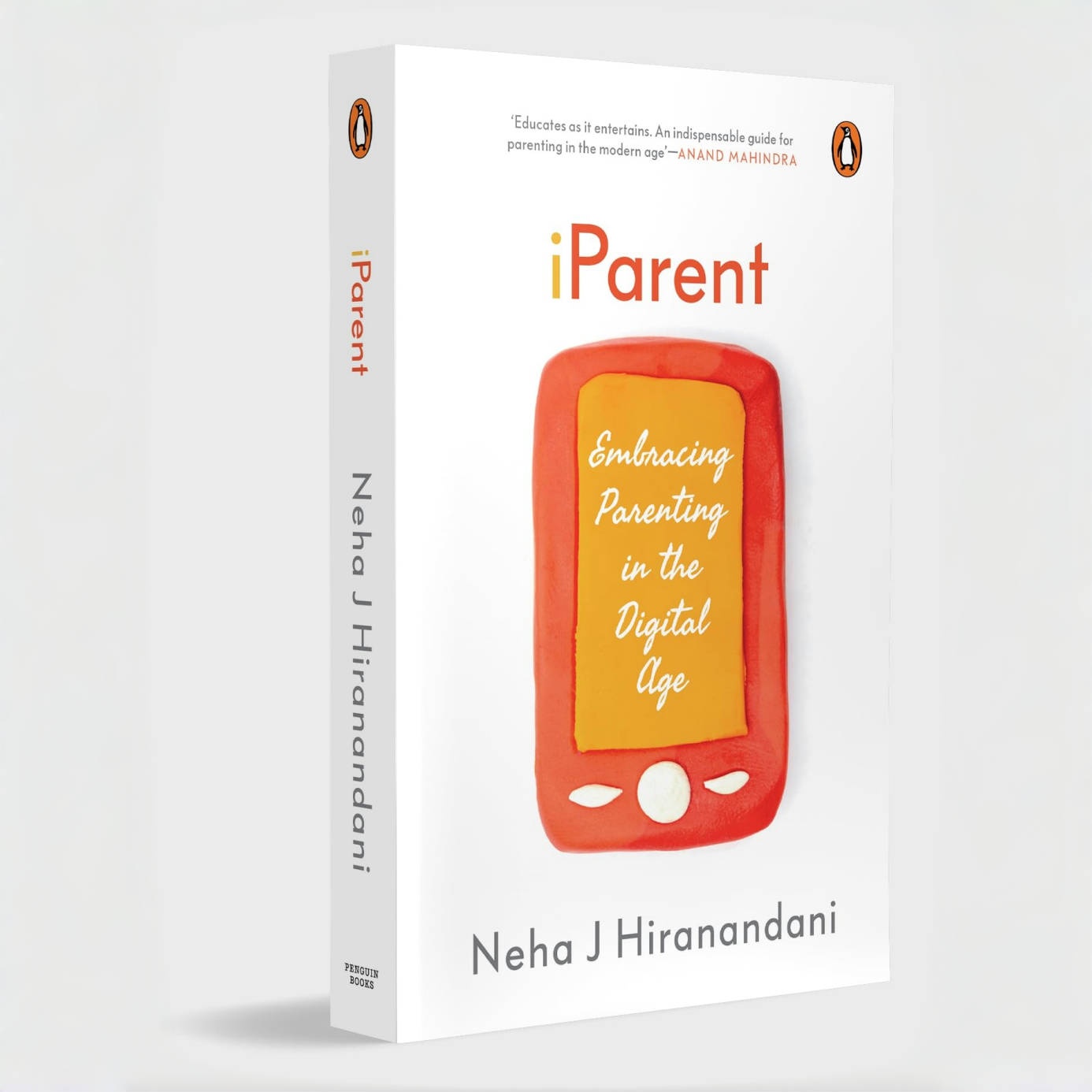Introduction
“Mum guilt” is the nagging sense that—no matter how much love, effort, or planning we pour into parenting—something is always being overlooked. It can strike after skipping a bedtime story because a work email came in late or when Instagram serves up a picture‑perfect bake sale you didn’t have time to replicate. In essence, mum guilt is the emotional tax mothers pay for carrying both society’s expectations and their own sky‑high standards. From cultural messages about “ideal” motherhood to silent comparisons with friends, celebrities, or anonymous parents online, pressure builds until even small choices feel weighty. The central question, then, is not whether guilt appears (it does, for nearly every mother) but whether it ever completely fades—or simply evolves as our children grow.
Understanding the Roots of Mum Guilt
At its core, mum guilt springs from the gap between reality and perceived “perfect” motherhood.
- Comparison Culture
- Social media scrolls: Highlight reels amplify flawless craft projects and organic lunchboxes, inviting unspoken competition.
- Generational narratives: Advice from relatives or parenting blogs can unintentionally reinforce the idea that “good mums” follow a single blueprint.
- Work‑Life Tension
- A mother returning to the office may feel torn between professional identity and caregiving. Each missed recital, even when unavoidable, can ignite self‑criticism.
- Conversely, stay‑at‑home mums face questions about “fulfillment” or financial contribution, breeding a different flavor of guilt.
- Unmet Internal Expectations
- Many mothers set personal standards shaped by their own childhoods or ideals—breastfeeding exclusively, keeping an immaculate home, never losing patience. Falling short feels like personal failure rather than a natural limitation.
- Cultural and Structural Pressures
- Limited parental leave, scarce childcare options, and rigid gender stereotypes position mums as default caretakers, layering systemic guilt on top of individual emotion.

How Mum Guilt Manifests Through the Parenting Journey
Mum guilt wears many disguises, changing shape as children pass milestones:
Infancy
- Feeding Choices: Breast vs. formula debates can make nourishment—a basic necessity—feel like a moral test.
- Sleep Training: Opting for co‑sleeping or scheduled sleep evokes critiques from every direction.
Early Childhood
- Screen Time: Handing over a tablet for twenty minutes of peace morphs into an internal judgment panel.
- Diet & Activity: Organic meals and outdoor adventures become badges of “good parenting,” and deviations trigger guilt.
School Age
- Academic Support: Forgetting a homework folder or missing a parent‑teacher conference may feel like spoiling a future résumé.
- Extracurricular Overscheduling: Saying no to yet another activity brings guilt for limiting opportunities; saying yes floods the calendar and personal bandwidth.
Adolescence
- Independence vs. Oversight: Allowing freedom can invite fears about safety, while strict boundaries spur worries of stifling growth.
- Digital Life: Navigating social media and mental health introduces new arenas for second‑guessing every rule.
Across these phases, guilt rarely vanishes; it simply trades costumes. The common thread is a loving parent vigilant about doing right by their child—even when “right” is a moving target.

Strategies to Cope with and Reduce Mum Guilt
While we may not eliminate guilt, we can dial down its volume and redirect its energy.
1. Set Realistic Expectations
Write a personal “parenting manifesto” with three to five core values—e.g., safety, kindness, open communication. When choices align with these pillars, let that be “good enough.”
2. Practice Self‑Compassion
Replace harsh inner commentary (“I’m awful for missing dinner”) with supportive language (“Today was tough; tomorrow I’ll reconnect”). Think of the advice you’d give a close friend—then offer it to yourself.
3. Reframe Negative Thoughts
Cognitive reframing turns “I’m failing” into “I’m learning a new skill.” For example, if you forget a permission slip, view it as a prompt to streamline morning routines rather than proof of incompetence.
4. Mindfulness & Grounding
Short breathing exercises—three deep inhales while focusing on sensations—interrupt spirals. Mindfulness apps, five‑minute meditations, or a walk among trees create space between trigger and reaction.
5. Journaling
A nightly reflection helps identify patterns: When does guilt spike? What thoughts accompany it? Over time, you’ll spot recurring unrealistic expectations ripe for adjustment.
6. Community Support
Joining local parent groups or online forums reminds you that everyone slips up. Shared laughter over forgotten lunch boxes normalizes imperfection and shrinks guilt’s power.
7. Professional Guidance
If guilt intertwines with anxiety or depression, a therapist can teach coping tools and perspective shifts. Consider it emotional maintenance—like taking the car for a tune‑up, not a sign of breakdown.
Implementing even one or two strategies can lighten the load and model healthy self‑talk for children; they learn resilience by watching you navigate yours.

When Mum Guilt Becomes Unhealthy
Guilt is a normal compass pointing toward values, but it crosses a line when it dominates daily life.
Warning Signs
- Persistent Anxiety: Racing thoughts about every parenting decision.
- Sleep Disturbance: Replay of mistakes keeps you awake.
- Burnout Symptoms: Emotional numbness, irritability, loss of joy in previously pleasurable activities.
- Physical Effects: Headaches, tension, digestive issues triggered by stress hormones.
- Isolation: Withdrawing from friends for fear of judgment.
Taking Action
- Speak Up: Confiding in a partner or trusted friend breaks the echo chamber.
- Seek Professional Help: A counselor can differentiate manageable guilt from clinical anxiety or depression and offer evidence‑based treatment.
- Delegate & Simplify: Hire a sitter, swap babysitting with another parent, or lower chore standards temporarily. Mental health is foundational to family health.
Remember: asking for help is an act of courage that ultimately benefits your children.

Accepting Imperfection and Embracing Growth
Psychologists often remind parents that guilt isn’t proof of failure—it’s evidence of deep care. Reframing guilt as a signal to pause and reassess creates growth instead of shame.
- “Good Enough” Parenting: Research shows children thrive in environments with consistency, warmth, and reasonable boundaries—not constant perfection.
- Modeling Resilience: When mothers own mistakes (“I snapped earlier; I’m sorry”) they teach accountability and emotional intelligence.
- Celebrating Small Wins: Made instant noodles tonight but shared belly laughs? That counts. Kids remember connection more than curated meals.
- Long‑View Mindset: Today’s misstep will likely fade, while cumulative love and presence weave lasting security.
Over time, guilt can transform into a gentle reminder that you’re invested, guiding adjustments rather than fuelling self‑criticism.

Conclusion
Mum guilt rarely evaporates—but it doesn’t have to dominate the parenting story. By identifying its roots, acknowledging its shifting forms, and applying practical coping strategies, mothers can mute guilt’s loudest accusations and amplify self‑compassion. Perfection isn’t the prerequisite for raising resilient, happy kids; showing up with love, authenticity, and a willingness to grow is. So the next time guilt whispers that you’re falling short, remember: the very fact that you worry means you’re already invested in doing right by your child. You are, in more ways than you realize, already enough.






